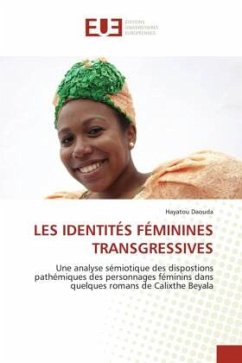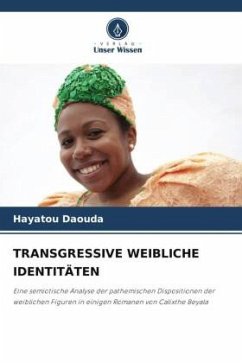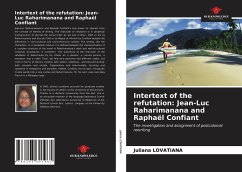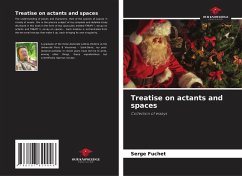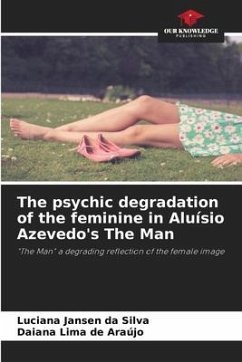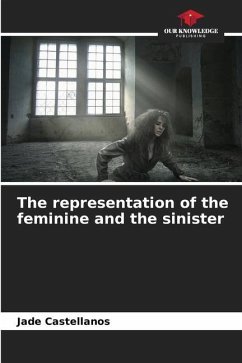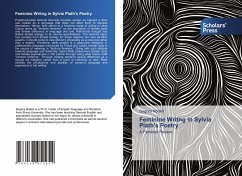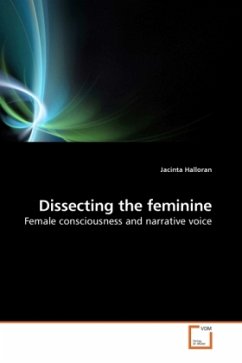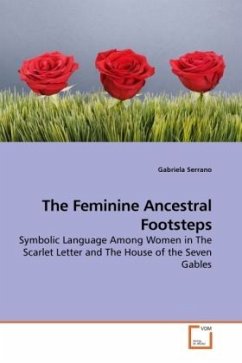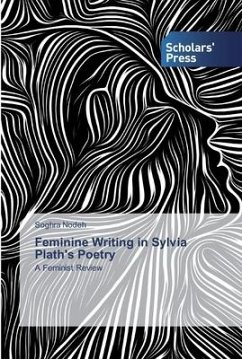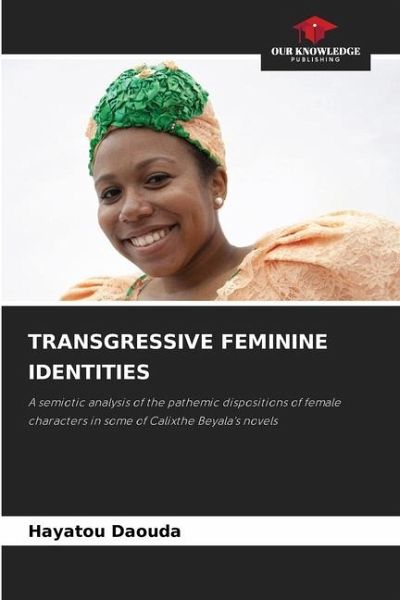
TRANSGRESSIVE FEMININE IDENTITIES
A semiotic analysis of the pathemic dispositions of female characters in some of Calixthe Beyala's novels
Versandkostenfrei!
Versandfertig in 6-10 Tagen
68,99 €
inkl. MwSt.

PAYBACK Punkte
34 °P sammeln!
The present work examines the motives behind the identity subversions of female actants, their itineraries and the renewal of values. From this perspective, female subjects adopt forms of life characterized by wandering, straying, inclusion and encounters. These forms of life determine their transgressive path and the distortion of their basic identity. To free themselves and move freely, Beyala's characters establish the trivialization of the female body, the sexualization of their discourse and unbridled sexuality as norms, while Miano's actors adopt heroism, determination, courage and frank...
The present work examines the motives behind the identity subversions of female actants, their itineraries and the renewal of values. From this perspective, female subjects adopt forms of life characterized by wandering, straying, inclusion and encounters. These forms of life determine their transgressive path and the distortion of their basic identity. To free themselves and move freely, Beyala's characters establish the trivialization of the female body, the sexualization of their discourse and unbridled sexuality as norms, while Miano's actors adopt heroism, determination, courage and frankness as a way of life. These authors show that the self-affirmation of female subjects is inscribed in verbal violence and the disorganization of the language code. These new modalities reconfigure the identity instances of female actors. Henceforth, the subjects' pathemic mechanism moves from dysphoria to euphoria. The emerging feminine identity is part of a dynamic of identity blending, a symbol of living together and reconciliation between men and women.





